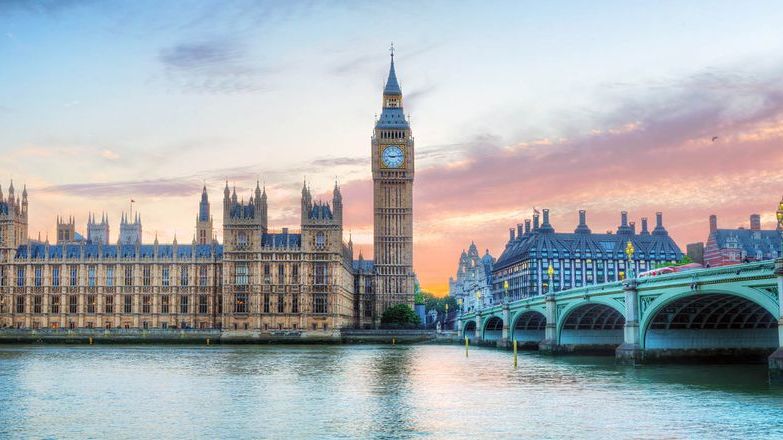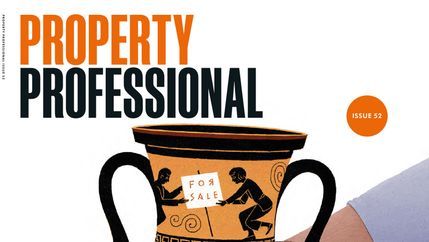
The Government’s proposals stated that they are committed to improving access to safe and high-quality housing, improving affordability and putting in place measures so that all homes are built properly with the right materials and that residents, whether they are home owners or renters, have access to a simple and consumer-friendly process for making complaints.
No fault evictions
The Government set out its ambitions for improving security for tenants which included continuing their work in abolishing the use of ‘no fault evictions.
Lifetime deposits
The budget sets out plans for a new ‘lifetime tenancy deposit’ to support good landlords.
Economic crime levy
It didn’t make it into the chancellor’s main speech, but the ‘red book’ budget documents show that the government intends to introduce a levy – to be paid by firms subject to the Money Laundering Regulations – to help tackle money laundering and deliver the reforms in the Economic Crime Plan.
The levy will be additional to ongoing public sector funding, and the government will publish a consultation on the levy later this year.
Affordable housing and homelessness
The Budget sets out an ambitious package of investment to build high-quality affordable homes. This includes £12.2 billion for the Affordable Homes Programme and £400 million for Mayoral Combined Authorities and local areas to establish housing on brownfield land.
A £650 million rough sleepers fund will support people into permanent accommodation.
Cladding
A £1 billion Building Safety Fund will support the removal of unsafe combustible cladding. The fund will cover all types of cladding, not just ACM, on private and social buildings 18 metres and above. The funding is additional to the £600 million already made available for ACM removal.
Business and infrastructure
The chancellor announced a £175 billion boost for infrastructure projects.
Entrepreneurs Relief’s lifetime limit will be reduced from £10 million to £1 million.
Flooding
£120 million will be allocated for repairing all damage caused by winter floods. A further £200 million will go directly to local communities experiencing repeated flooding for flood resilience. Investment in flood defences will double over the next six years.
Coronavirus (COVID-19)
It is no surprise that plans for combating the spread of coronavirus took a prominent place in the speech. Much of this is not housing-specific but may benefit both smaller agencies and anyone whose tenants still need to pay the rent.
Supporting businesses through COVID-19
- For businesses with fewer than 250 employees, the government will fund statutory sick pay (SSP) in full for two weeks – worth £2 billion.
- Any firm that is currently eligible for the small business rates relief can apply for a £3,000 cash grant.
- A coronavirus business interruption loan scheme will be introduced to cover the cost of salaries and bills. Loans of up to £1.2 million will support small and medium-sized businesses.
Supporting tenants to pay their rent during COVID-19
- Statutory sick pay (SSP) will be available from day one (instead of day four) of any sick leave.
- SSP will be available for anyone advised to self-isolate, fit/sick notes will be available from NHS 111 with no need to travel to a doctor.
- Those on contributory employment support allowance can claim from day one instead of day eight.
- Benefit claimants will not be required to attend job centres in person to claim, this can be done over the phone or online.
- A £500 million hardship fund will be available for distribution via local authorities.
Other support for tenants in general
- National living wage 6.2 per cent increase — to reach 2/3 of median earnings by 2024
- National insurance threshold up from £8,632 to £9,500 from 2020/21 — giving 31 million people a tax cut, saving a typical employee £104.
Image attribution: "Robert Jenrick Official MP Portrait" used under CC BY 3.0 / Cropped from original





